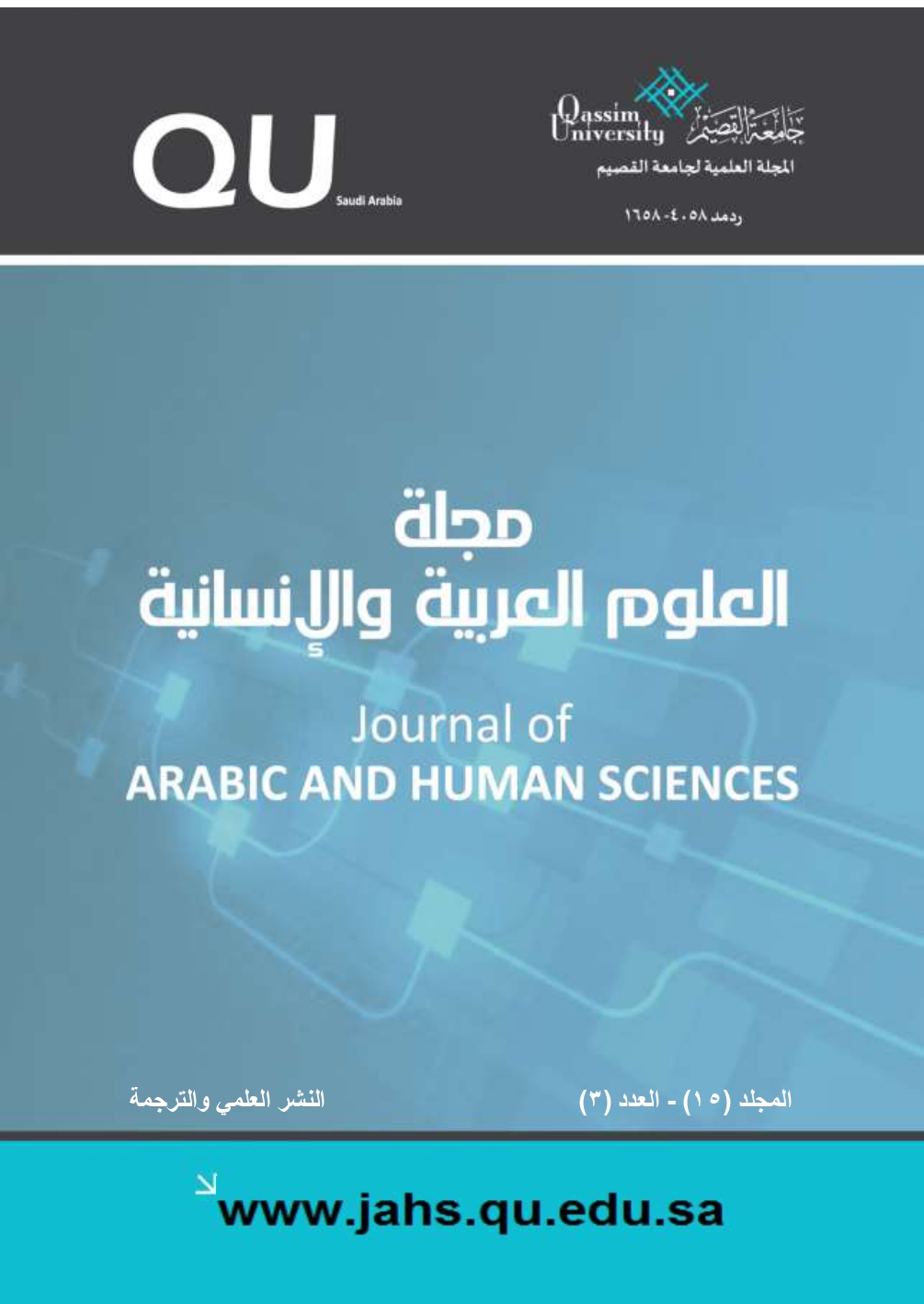Definiteness Effect in Najdi Arabic Fiih-Sentences: Towards a Pragmatic Account
Abstract
The notion of the definiteness effect (DE), which excludes the occurrence of definite NPs as pivots in existential sentences, has attracted researchers to provide various syntactic, semantic, and pragmatic accounts to explain this phenomenon. Whereas the syntactic account proposes that the DE can be explained in terms of the structure of existential sentences, the semantic and pragmatic accounts suggest that it can be better explained in terms of the meaning of existential sentences. This paper aims to provide an account for the DE in Najdi Arabic (NA) existential sentences. It has been observed that although definite NPs cannot generally occur as pivots in NA existentials, they may sometimes be acceptable. To explain this inconsistent behavior, I assume that the NA fiih-sentences can be divided into existential and list sentences. The DE is only evident in the former and is lacking in the latter. In the list sentence, it is the list itself that is being predicated to exist, and thus, there is no restriction on its members. I also assume that the DE follows from the notion of novelty. Indefinite NPs are allowed as pivots in NA existentials because they represent hearer-new entities. The anomality of definite NPs in NA existentials is due to the incompatibility of placing hearer-old entities in a position reserved only for new entities. However, in the list sentence, the list itself represents a hearer-new entity; thus, its items can be definite NPs.

This work is licensed under a Creative Commons Attribution-NonCommercial 4.0 International License.


